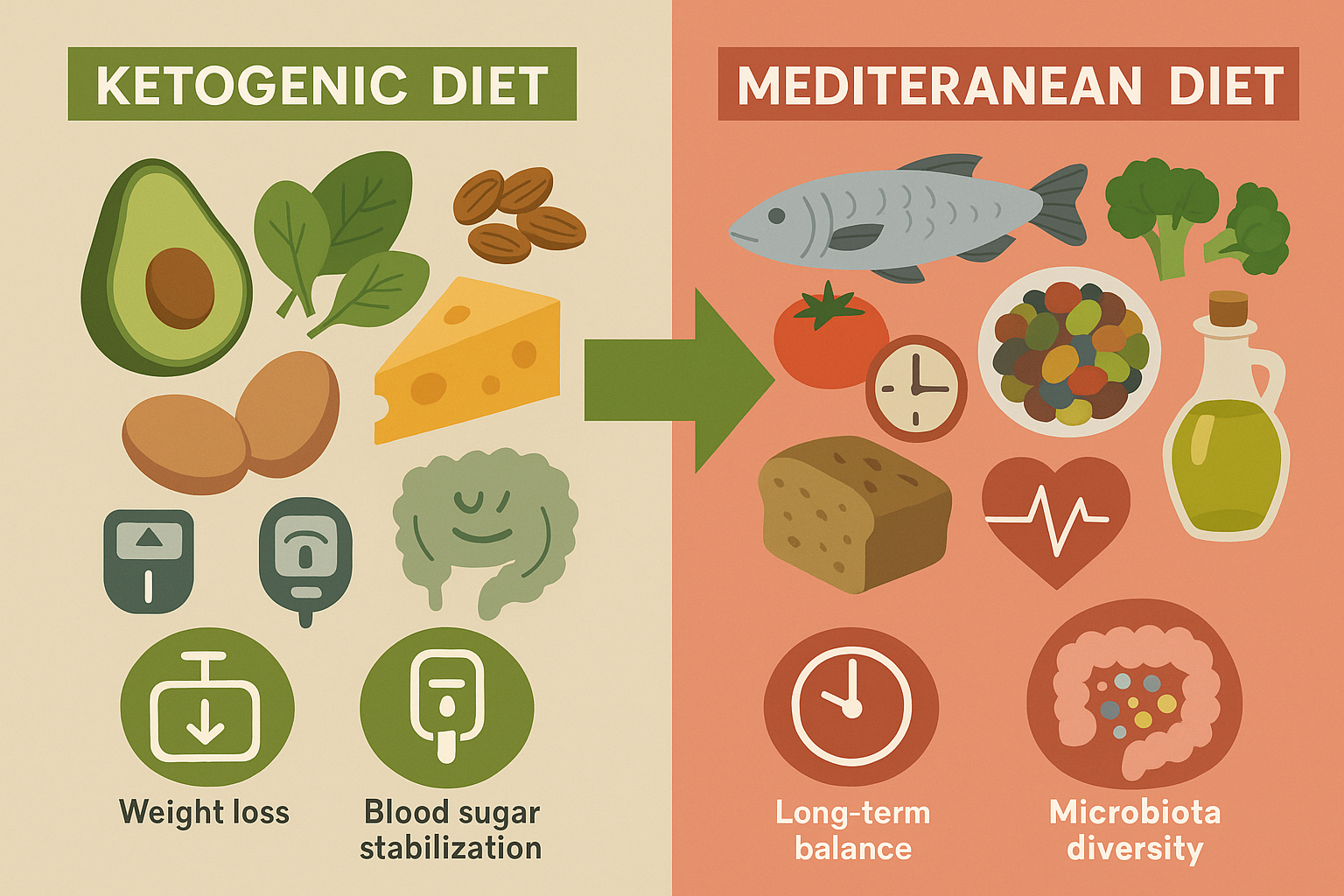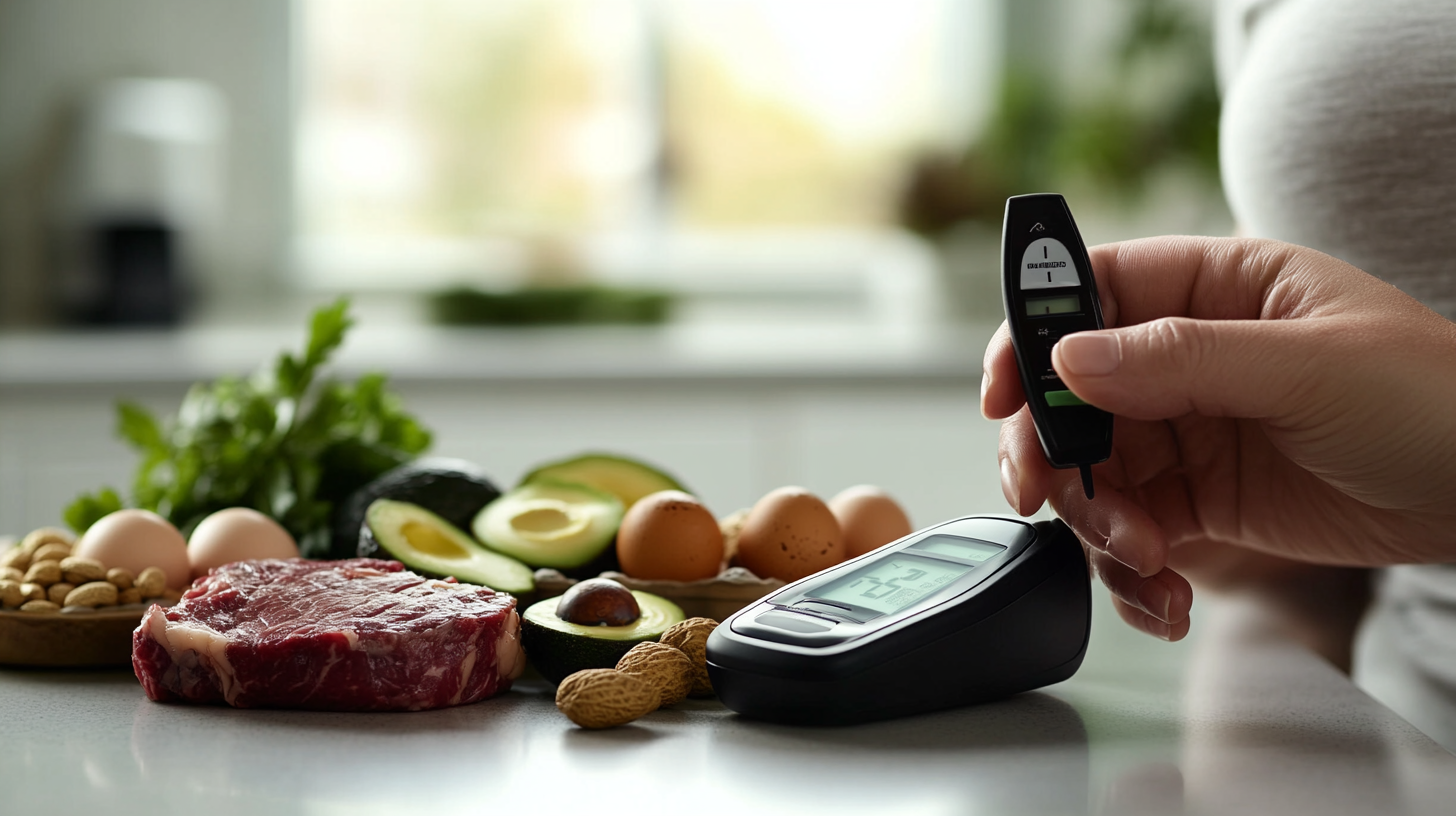
I recently came across a fascinating study that could change the way we think about high blood pressure and diet. Researchers from the University of Rome Sapienza found that a very low-calorie ketogenic diet (VLCKD) helped some patients completely stop taking their blood pressure medication—within just a few months! That’s pretty incredible, considering how common hypertension is and how many people struggle to control it. Instead of relying solely on medication, this study suggests that the right diet could make a huge difference in managing blood pressure naturally.
The study focused on women between the ages of 50 and 65 who were diagnosed with essential hypertension and had a BMI of at least 25. Participants followed one of three diets: a strict ketogenic diet, an intermittent fasting plan with a Mediterranean-style diet, or a completely unrestricted diet. The results? Those on the ketogenic plan saw the most dramatic improvements—not just in blood pressure but also in weight loss and body fat reduction. Even more impressive, over 22% of the keto group were able to quit their blood pressure meds entirely.
This research is exciting because it challenges the idea that medication is the only way to treat hypertension. It also highlights how powerful food can be as medicine. Of course, a diet this strict isn’t for everyone, and medical supervision is key. But if further studies confirm these results, we could be looking at a huge shift in how doctors treat high blood pressure. So, let’s dive into what makes the ketogenic diet so effective, how it compares to other eating styles, and whether it could be a game-changer for those struggling with hypertension.

Key Findings: How the Ketogenic Diet Stands Out
This study revealed some eye-opening results about how diet affects high blood pressure. The ketogenic diet group had the most significant improvements compared to those who followed intermittent fasting or an unrestricted diet. Let’s break down the biggest takeaways:
1. Blood Pressure Improvements
- The ketogenic diet group had the largest drop in blood pressure.
- Average blood pressure readings after six months:
- Ketogenic diet: 118/73 mmHg (best results)
- Intermittent fasting: 128/83 mmHg
- Unrestricted diet: 137/90 mmHg (least improvement)
2. Reduction in Medication Use
- Patients on the ketogenic diet were able to reduce or stop their medication.
- Medication usage per person before & after:
| Diet Type | Starting Medications per Person | After 6 Months | Change |
|---|---|---|---|
| Ketogenic Diet | 1.72 | 1.22 | ⬇ Reduced |
| Intermittent Fasting | 1.75 | 1.76 | ❌ No Change |
| Unrestricted Diet | 1.70 | 1.69 | ❌ No Change |
🔹 22.2% of participants in the ketogenic group completely stopped their blood pressure medication!
3. Weight Loss & Body Fat Reduction
- The ketogenic group saw more than double the weight loss of the intermittent fasting group.
- Total body weight loss:
- Ketogenic diet: 12.66%
- Intermittent fasting: 5.58%
- Unrestricted diet: 1.32%
- Body fat reduction:
- Ketogenic diet: 8.62%
- Intermittent fasting: 3.34%
- Unrestricted diet: 0.26%
4. Overall Health Benefits
- The ketogenic diet led to better metabolic health in addition to weight loss and blood pressure control.
- Researchers strongly recommend further studies to explore long-term effects and to see if the results hold up in larger, more diverse populations.
- The findings suggest that a very low-calorie ketogenic diet (VLCKD) could become a powerful tool for hypertension management without full reliance on medication.

Final Thoughts: A New Approach to Hypertension?
This study opens up an exciting conversation about how diet can be just as powerful as medication when it comes to managing high blood pressure. The fact that over 22% of participants on the ketogenic diet were able to stop their blood pressure meds entirely is incredible. It challenges the idea that hypertension is something that can only be controlled with pills and suggests that, for some people, the right dietary approach can make a huge difference. The ketogenic diet’s ability to lower blood pressure, reduce body fat, and improve metabolic health makes it a promising tool in the fight against hypertension.
That being said, a very low-calorie ketogenic diet isn’t for everyone. It’s a strict and medically supervised eating plan, and anyone considering it should talk to their doctor first—especially if they’re already on medication. Still, the results of this study suggest that it might be worth exploring for people who want to take control of their blood pressure naturally. Future research will be important to confirm these findings and see if similar results hold up in a larger and more diverse group of people.
At the end of the day, this study is a great reminder that what we eat has a direct impact on our health. While medication will always have its place, it’s empowering to know that something as simple as changing your diet could help reduce or even eliminate the need for it. As more research emerges, we might just see a shift in how doctors and patients approach hypertension treatment—and that’s something to be excited about!




